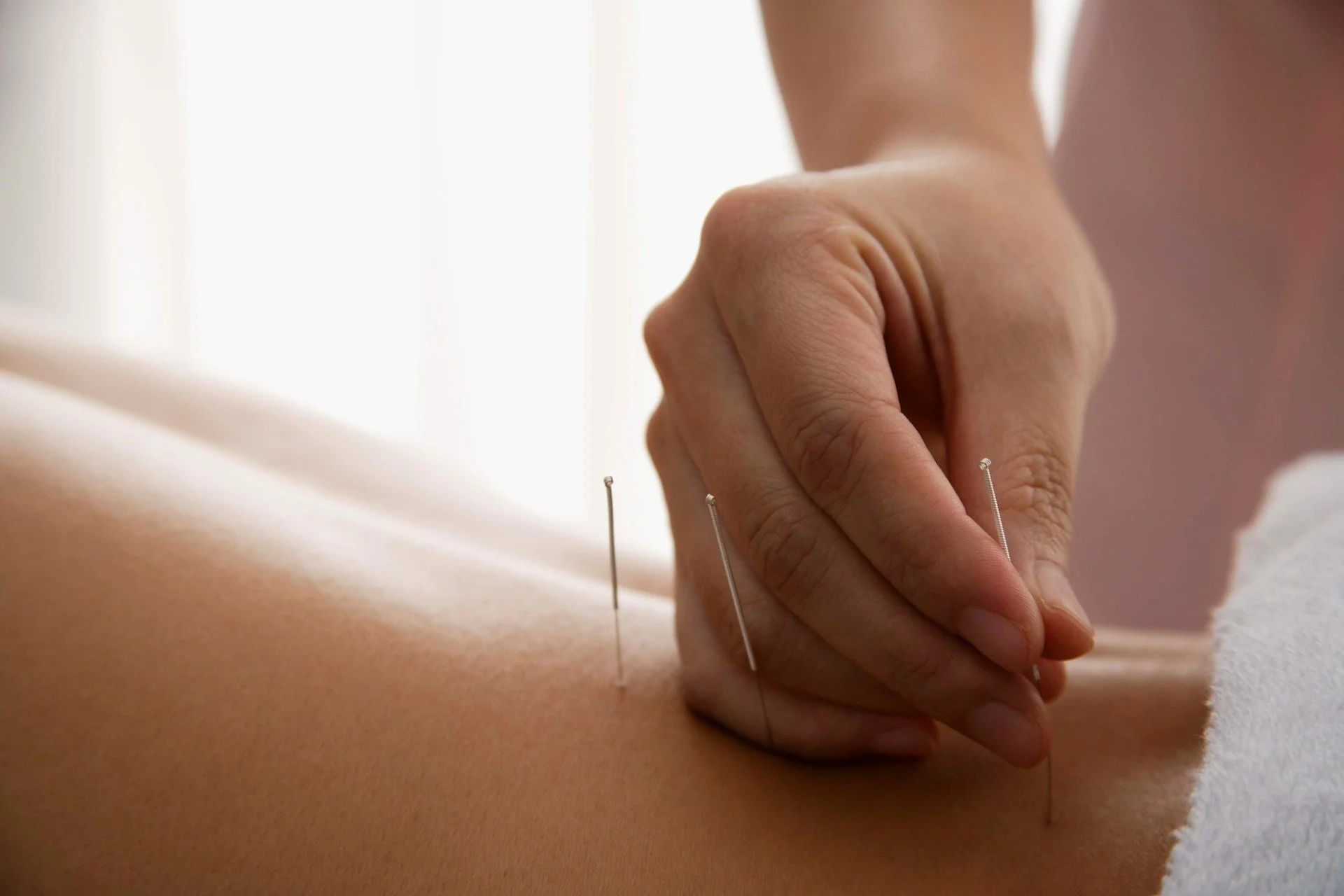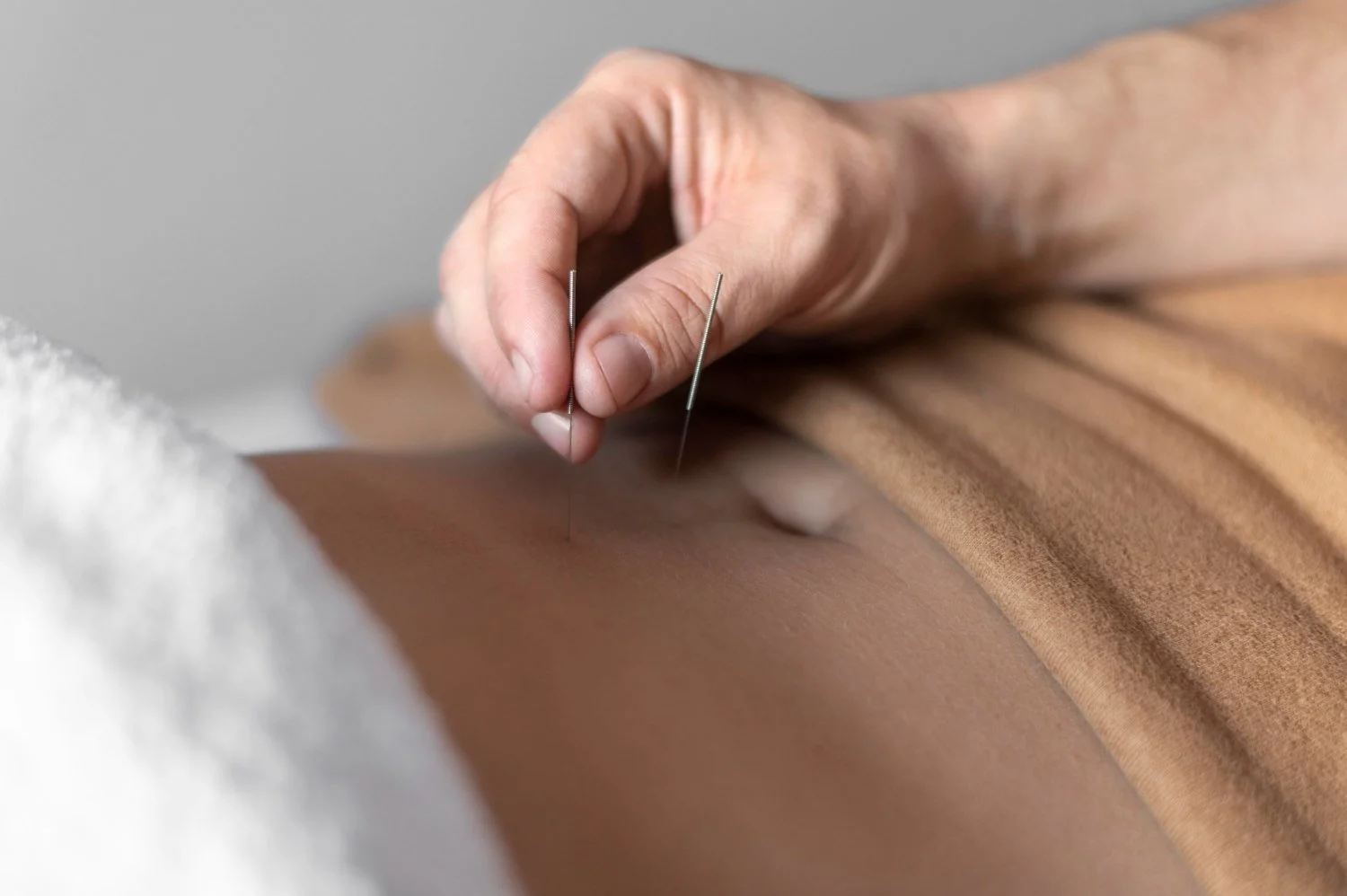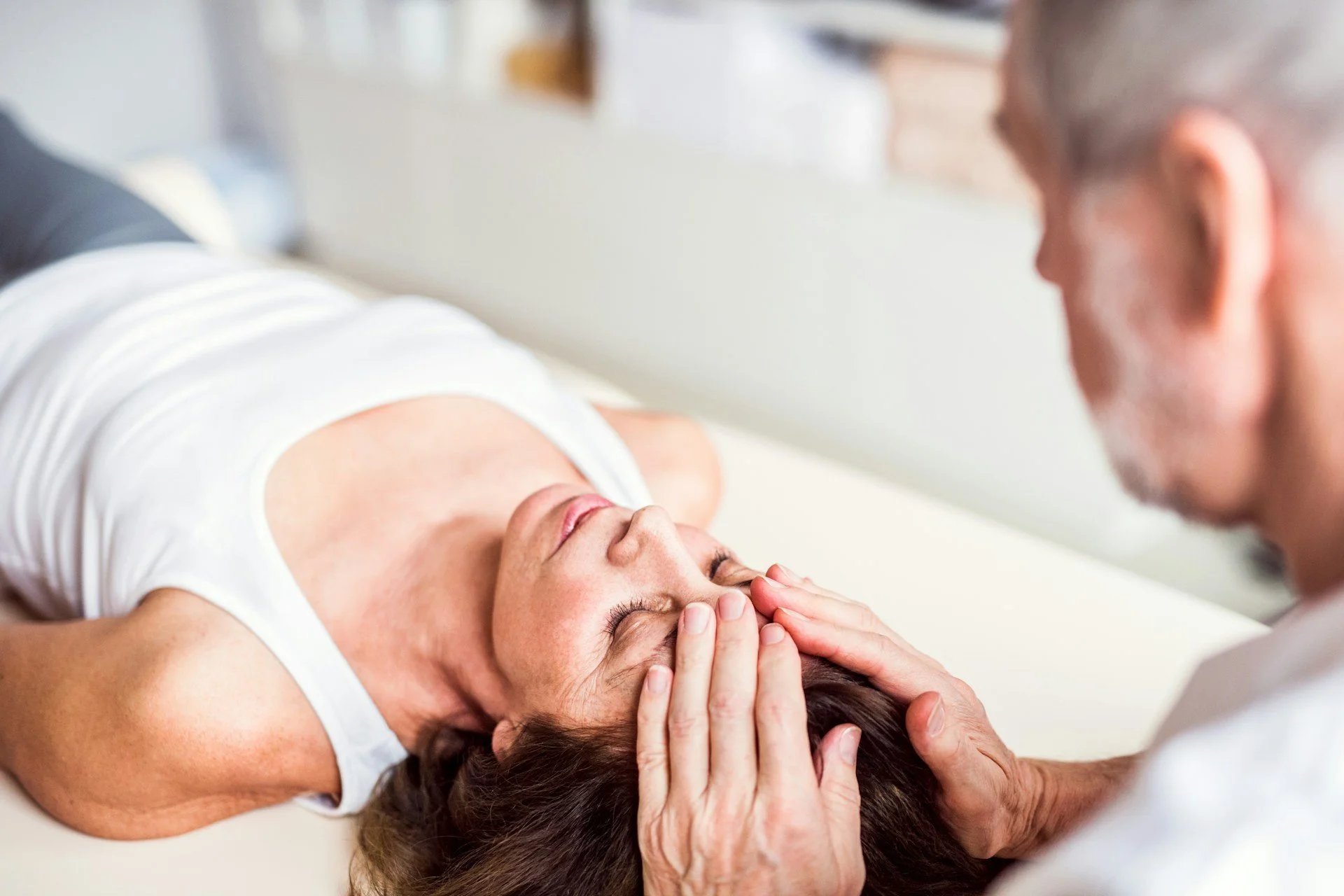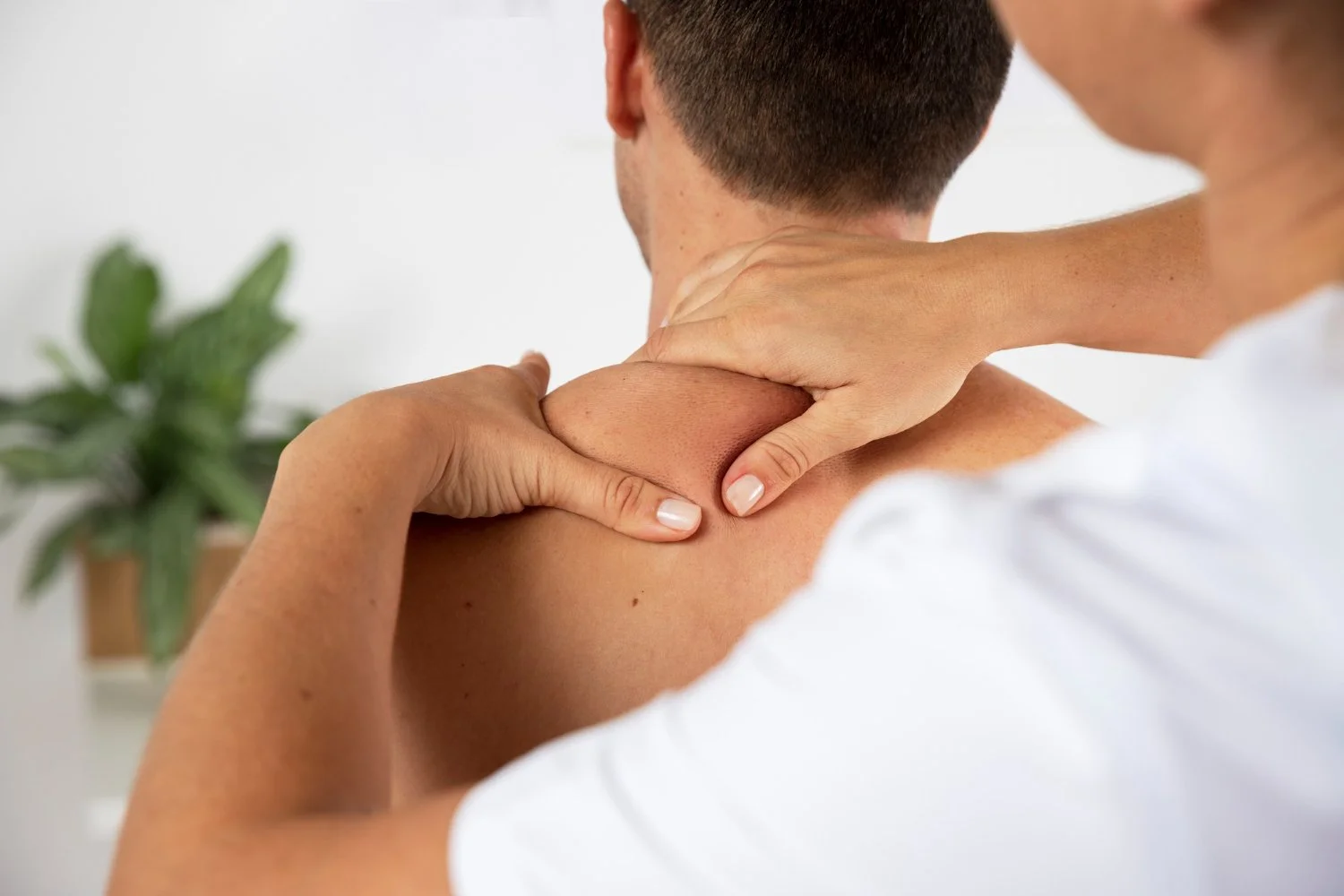WELLNESS JOURNALHOLISTIC HEALING indigo journal——-
Discover wellness wisdom and holistic healing insights in the Indigo Journal, your source for a healthier, more harmonious life.
Pelvic Floor Physical Therapy in Stamford and Westport, CT
Pelvic floor physical therapy can support a wide range of concerns, from pelvic pain and postpartum recovery to urinary symptoms and hormonal changes. At Indigo Wellness Group in Stamford and Westport, our expert pelvic floor physical therapists provide individualized care and collaborate closely with in house dietitians and acupuncturists to address the full picture of pelvic health.











